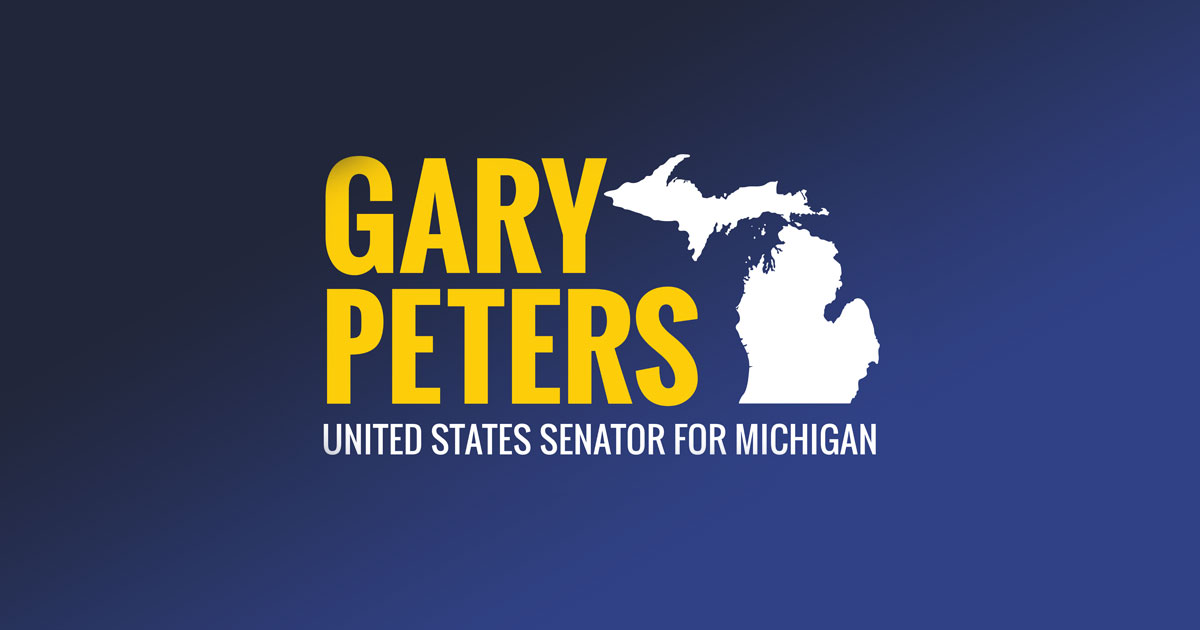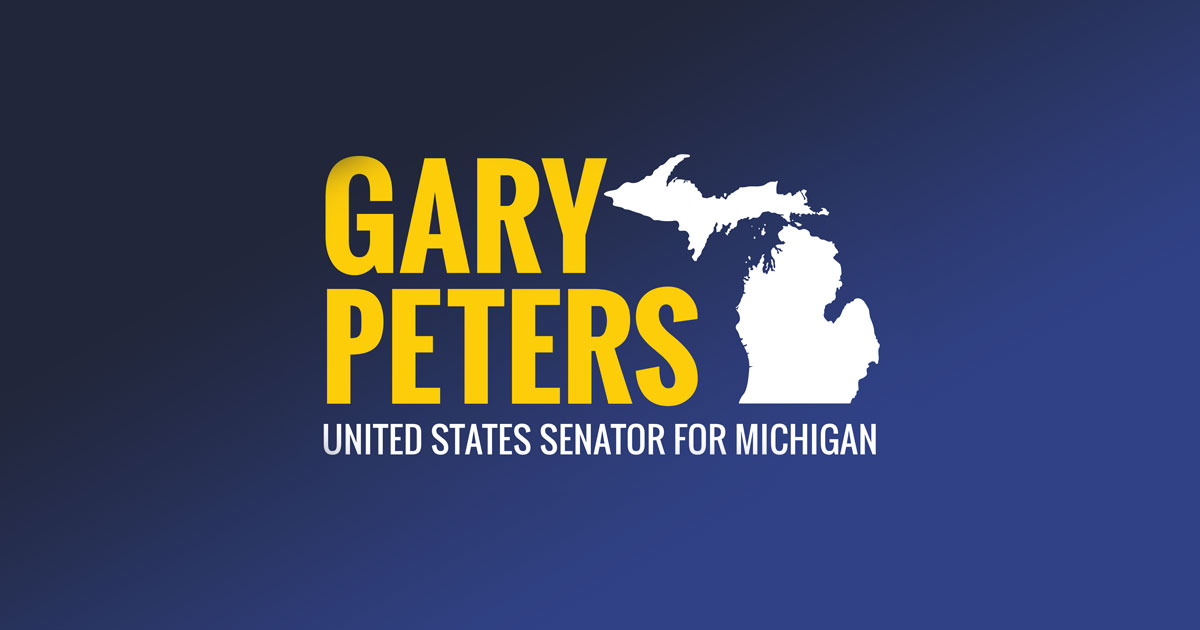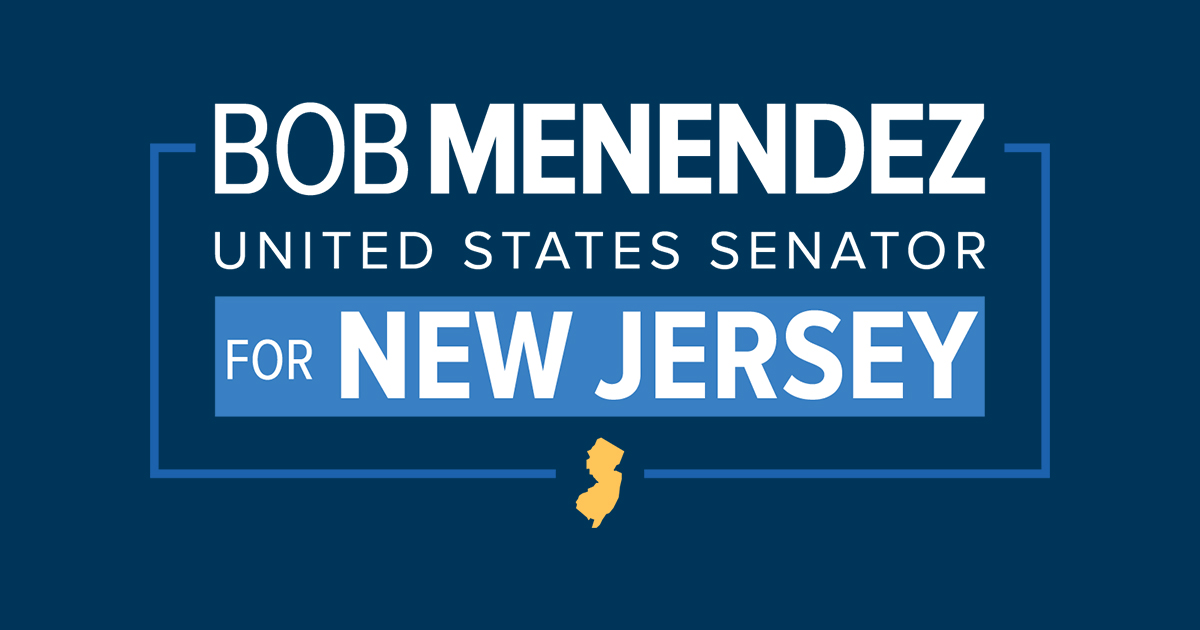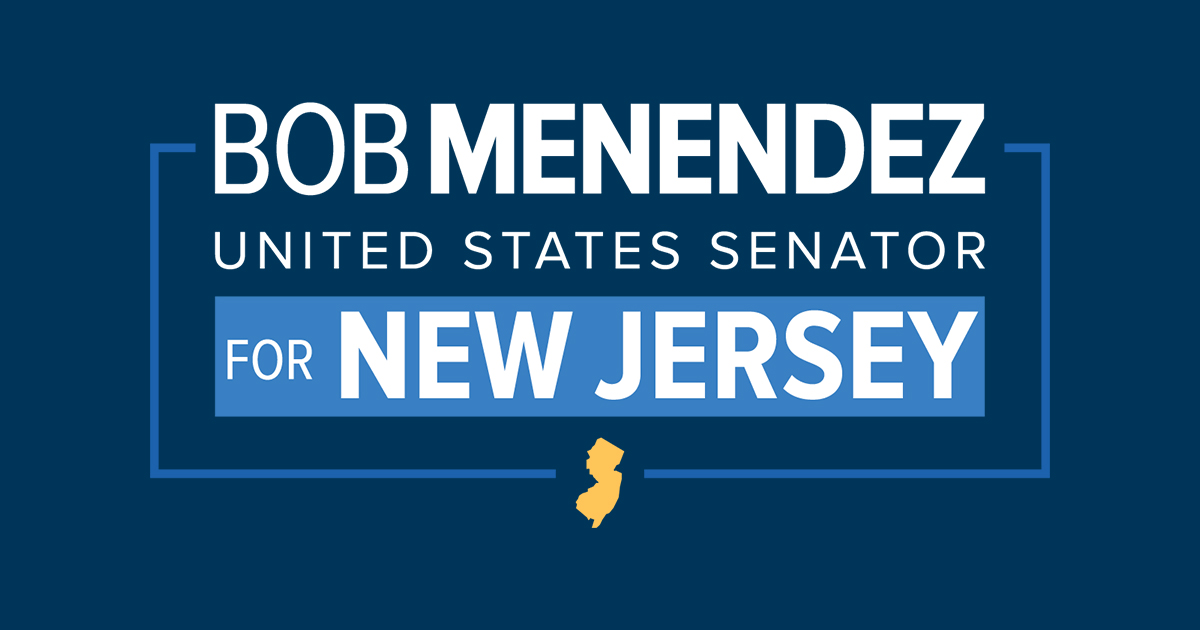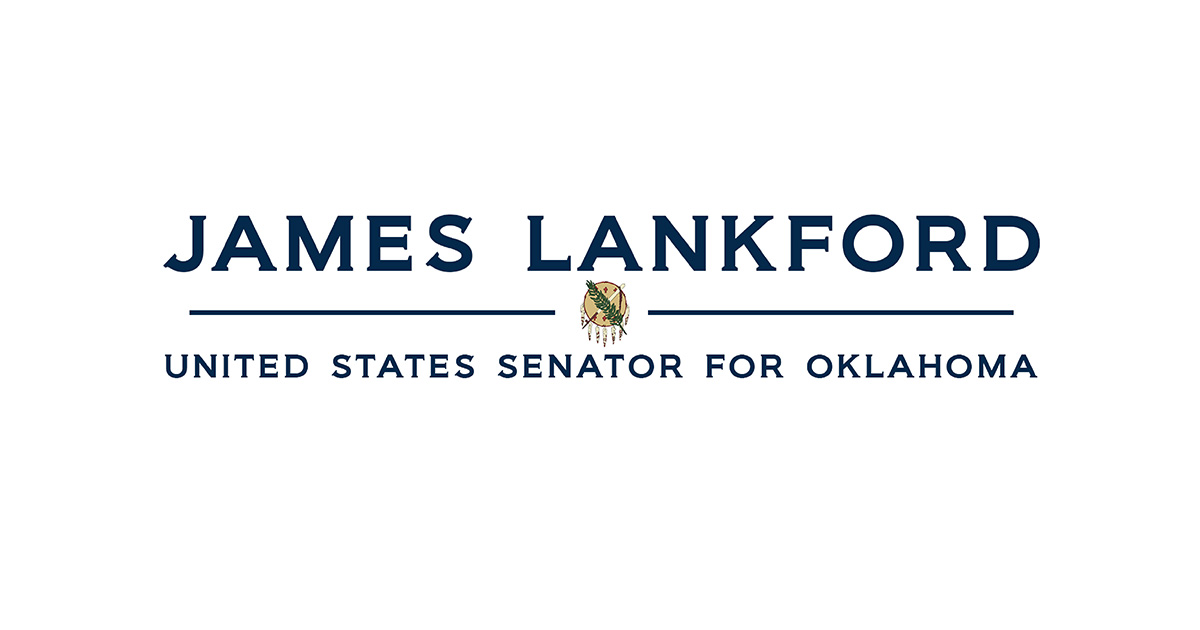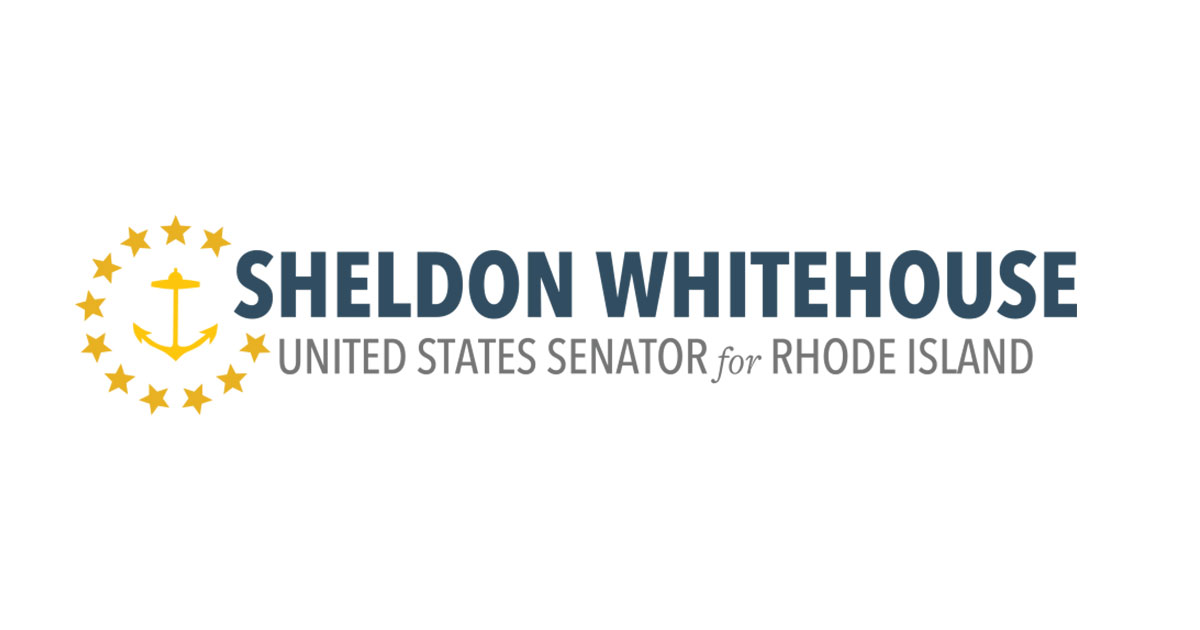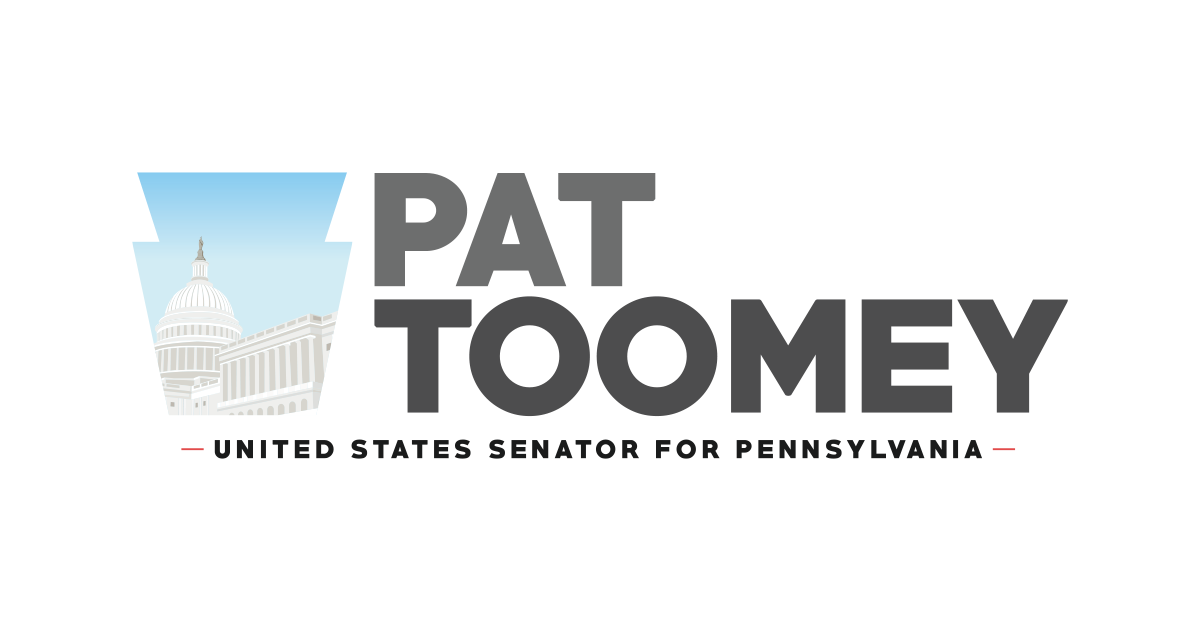Source: United States Senator for New Jersey Bob Menendez
WASHINGTON, D.C. – U.S. Senator Bob Menendez (D-N.J.), a senior member of the Senate Banking Committee and the highest-ranking Latino in Congress, today led several of his Senate colleagues, including Senate Banking, Housing and Urban Affairs Chair Sherrod Brown (D-Ohio), in urging Federal Reserve Chair Jerome Powell to establish a more robust, transparent, and standardized selection process for appointing directors and presidents to promote racial, ethnic, gender, and economic diversity in leadership positions across the twelve regional Federal Reserve Banks.
“The Federal Reserve has long suffered from a lack of diversity, particularly at the leadership level. In the 108-year history of the Federal Reserve System, there have only been four nonwhite Federal Reserve Bank presidents,” wrote the senators to Chair Powell. “The Boards of Directors at the Federal Reserve Banks are only slightly better. While diversity among Class C directors appointed by the Board of Governors has increased in recent years, Class A Directors remain 92% white and 69% male, and Class B is 56% male and 61% white, with only a single Latino. This lack of diversity among board members directly contributes to the lack of diversity among bank presidents, as it is the Board of Directors that select Federal Reserve Bank presidents.”
The senators also pointed out that in addition to a lack of racial and gender diversity, the leadership at the Federal Reserve Banks is notably lacking sectoral diversity. As of 2021, 75% of current directors came from banking or business, 76% of directors that represented a business represented a big business, and only 5% of bank directors represented labor. Significant segments of the economy – like small businesses and workers do not have a seat at the decision-making table, despite a clear statutory mandate to consider sectoral diversity in selecting Class B and C Directors.
“The lack of diversity at the Federal Reserve is not only harmful to underrepresented groups, it has a negative impact on the Federal Reserve’s dual mandate to promote maximum employment and price stability, to promote the safety and stability of the financial system, and its ability to advance consumer protection and community development,” added the senators. “…The current makeup of the Federal Reserve Banks does not reflect the demographic and economic diversity of the districts they serve. In order to promote a more effective Federal Reserve System that better represents the American economy, we urge you to lead a coordinated effort with the Federal Reserve Banks aimed at developing and adopting an updated search and selection process for Directors and Presidents at the Regional Banks.
Sen. Menendez pressed Chair Powell to make substantive changes to the Federal Reserve’s leadership selection process at today’s Senate Banking hearing on the Fed’s Semiannual Monetary Policy Report to Congress.
[CLICK HERE TO WATCH SEN. MENENDEZ’S FULL LINE OF QUESTIONING]
Last month, Senator Menendez voted against the confirmation of Powell to serve a second term as Chair of the Federal Reserve Board of Governors given the Federal Reserve’s failure under his leadership to appoint Latinos at the highest levels of the Fed’s leadership. He also led 21 colleagues from the Congressional Hispanic Caucus in urging the Fed to choose a Latino candidate as the next President of the Dallas Federal Reserve Bank, which was the most recent missed opportunity by the Federal Reserve to appoint a Hispanic or Latino American as president of a regional Federal Reserve Bank.
Sen. Menendez recently secured a personal commitment from Michael Barr, nominee to serve as a Member and Vice Chairman for Supervision at the Fed, on developing a transparent process with meaningful public input to ensure the Federal Reserve’s leadership better reflects the full diversity of America. In the coming months, the Federal Reserve will have two new opportunities to consider and appoint a Hispanic or Latino American as the next president of either Chicago or Kansas City Federal Reserve Banks. Sen. Menendez has been leading Congressional efforts to push the Federal Reserve to start a new chapter in the institution’s 108-year history in which Latinos will finally have a voice at the highest echelons of the Fed’s leadership.
Joining Sens. Menendez and Brown in sending the letter were Sens. Elizabeth Warren (D-Mass.), Catherine Cortez Masto (D-Nev.), Ben Ray Luján (D-N.M.), Bernie Sanders (I-Vt.), Dick Durbin (D-Ill.), Raphael Warnock (D-Ga.), and Alex Padilla (D-Calif.).
The full text of the letter can be found HERE and below.
Dear Chair Powell:
We urge the Board of Governors to take a more active role in promoting racial, ethnic, gender, and economic diversity in leadership positions at the twelve regional Federal Reserve Banks. We strongly encourage the Board of Governors to coordinate the establishment of a standardized process for appointing directors and presidents that promotes meaningful transparency and public input.
The Federal Reserve has long suffered from a lack of diversity, particularly at the leadership level. In the 108-year history of the Federal Reserve System, there have only been four nonwhite Federal Reserve Bank presidents.1 The Boards of Directors at the Federal Reserve Banks are only slightly better. While diversity among Class C directors appointed by the Board of Governors has increased in recent years, Class A Directors remain 92% white and 69% male, and Class B is 56% male and 61% white, with only a single Latino. This lack of diversity among board members directly contributes to the lack of diversity among bank presidents, as it is the Board of Directors that select Federal Reserve Bank presidents.
In addition to a lack of racial and gender diversity, leadership at the Federal Reserve Banks is notably lacking in sectoral diversity. According to the Federal Reserve Act, the leadership of member banks are supposed to represent “the public” and take “due but not exclusive consideration to the interests of agriculture, commerce, industry, services, labor, and consumers” in the selection of Class B and C Directors. Despite this clear statutory requirement, as of 2021, 75% of current directors came from banking or business, 76% of directors that represented a business represented a big business, and only 5% of bank directors represented labor.2 Directors are supposed to represent the public, but huge segments of the economy – like small businesses and workers – lack a seat at the table.
The lack of diversity at the Federal Reserve is not only harmful to underrepresented groups, it has a negative impact on the Federal Reserve’s dual mandate to promote maximum employment and price stability, to promote the safety and stability of the financial system, and its ability to advance consumer protection and community development. The evidence is clear—diversity impacts results. Studies have shown that companies in the top quartile for racial, ethnic and gender diversity were more likely to have returns above their industries’ national medians.3
The current makeup of the Federal Reserve Banks does not reflect the demographic and economic diversity of the districts they serve. In order to promote a more effective Federal Reserve System that better represents the American economy, we urge you to lead a coordinated effort with the Federal Reserve Banks aimed at developing and adopting an updated search and selection process for Directors and Presidents at the Regional Banks.
While the Board of Governors only has a direct role in the selection of the Class C Directors, the Governors can, consistent with the Federal Reserve Act, set the process by which Class A and Class B Directors are selected. We are concerned that the current director and president selection process, which is only nominally transparent, allows and encourages the selection of Class A and Class B Directors who are not truly representative of the public. If the Board of Governors wants to increase diversity across the system’s leadership, it must change this process.
In order to promote more diverse outcomes, meaningful transparency and public engagement should be brought to the process for selecting Bank Presidents and Class B Directors. This should include, but is not limited to:
- Timely public notification of general selection criteria and estimated timeline.
- Opportunity for the public to submit comments on the overall process and suggest possible questions for the search committee to ask candidates.
- Timely publication of anonymized data regarding the racial, gender, and sectoral demographics of the candidate pool.
- Timely publication of anonymized information about the key questions the candidates are being asked and their responses to those questions.
- At least one public forum at which the search committee presents the above information and at which the public is allowed to present comments on the critical economic issues facing the region.
We respectfully request that you respond to this letter no later than July 22, 2022, describing in detail what steps, if any, you are taking to promote diverse outcomes and increase transparency in the director selection process.
We look forward to your responses and continuing our work with you to make the Federal Reserve System a more effective and representative institution.
###
